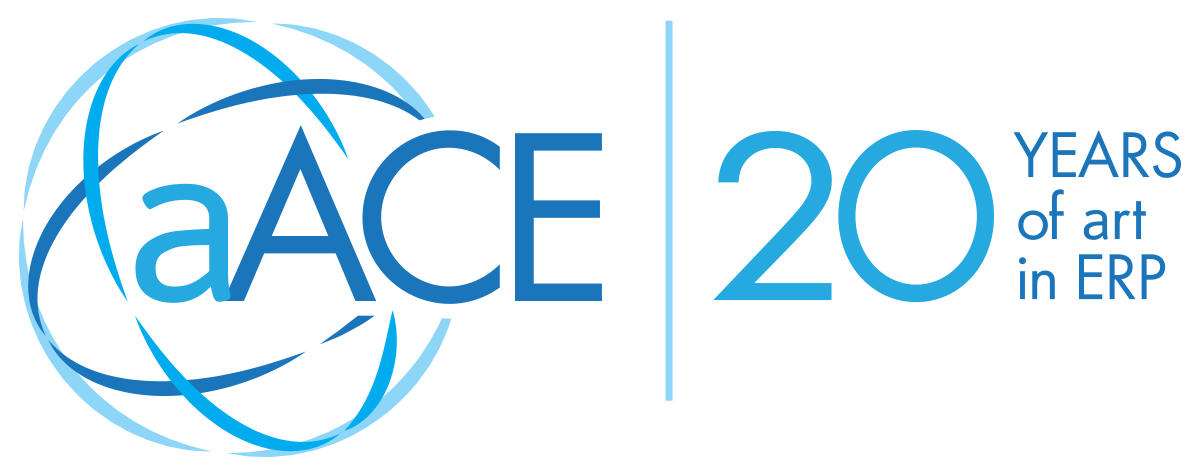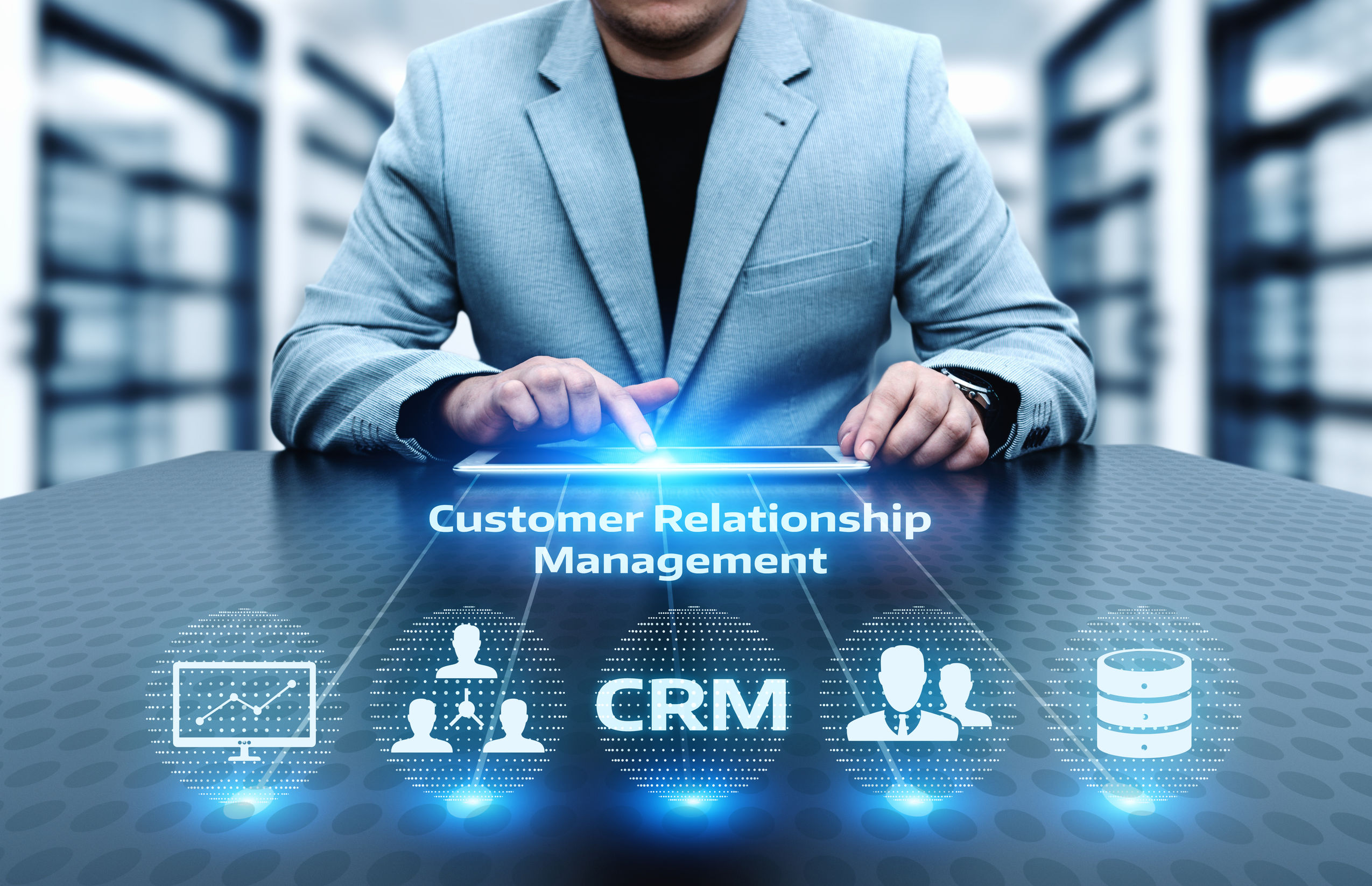As a small- or medium-sized business owner, you’re always looking for ways to run your own organization better to get a leg up on the competition. While you’ve surely devoted plenty of time to branding, product sourcing, and even hiring the right people, there is one crucial step you may be missing.
Business operations doesn’t sound very exciting, but the truth is that the systems you use to run your business are more important than ever. With today’s digitized workforce, there are now a myriad of products out there that claim to help operations run as smoothly as possible — and you need to be implementing one of them. Some of these software products are staggering in their complexity and scope, and it’s easy to get overwhelmed. Let’s start, therefore, with the “bread and butter” of business operations, which is Customer Relationship Management (CRM) software.
What is a CRM Program?
A CRM is designed to help you keep track of all aspects of relationships between your business and the customers being served. In the beginning, CRMs were little more than databases with contact information, and perhaps fields to hand-enter notes about sales. These days, there are CRM software packages that tie sales directly in with orders/inventory, document all interactions with customers (and potential customers), and even tie in with digital marketing outreach tools.
Today, many CRMs can also gather information about customer interactions, sales rates, and other metrics and display easy-to-follow analytic information that gives a “bird’s eye view” of how sales are doing. With the complexity and level of involvement that a CRM is going to have in your company’s business operations, it’s important to take the time to make the right choice. Still not convinced that it’s worth the time and upfront investment? Keep reading to learn the top 5 reasons why you need to implement a CRM now.
Reason 1. Your Company Will Be More Efficient
Good CRM software will have the ability to standardize complex operations. For example, onboarding new clients/customers is an infamously time-heavy endeavour. Save time and bandwidth by standardizing and automating much of this process.
The “Bird’s Eye View” discussed above also has important implications for team management and quality improvement. Having a live view of sales statistics can help managers better quantify employee performance. A good CRM also makes it easy to spot products or processes that are negatively impacting customer satisfaction. Finally, if your company sells physical goods, a CRM that either provides live inventory information or integrates with program that does will allow leadership to more accurately plan out wholesale purchasing.
Reason 2. Customer Service (and Relationships) Will Improve
Many CRM programs sell themselves as invaluable tools to improve business relationships, and while modern CRMs might do a lot more than relationship management, this founding cornerstone of the product is still one of its most important features. Essentially, because a good CRM will document all touchpoints with clients and potential clients, your sales and support teams will have easy access to the “whole picture.” This includes the client’s contact information, any professional quotes provided by the sales team, all previous comments and interactions, and ordering history.
Simply having this information quickly available will help both support and sales teams provide more flexible, responsive, and personalized service to all customers and potential customers alike. Ideally, this will translate into increased customer retention, good reviews, and a more positive experience for your employees, too.
Reason 3. Your Data Will Be Centralized & Secure
One reason that some companies hold off on implementing a CRM is the unpleasant logistical process of migrating all of your old information into one centralized database. There are many reasons why migrating to a CRM is worth it, and if the customer service argument isn’t enough to convince Accounting to sign off on it, data security very well might be a critical point to make.
Sure, relying on a hodgepodge of spreadsheets, collaborative Word files, and rolodexes might have worked during the 90s, but today, leaving this information in unsecured format puts you at risk of catastrophe. While a data breach is probably the first thing that comes to mind, remember that you could also lose all of your local files should the office computer fail one day. For the most part, CRMs provide automatic secure storage and backup of company information. For the reasons listed above, make sure the programs you’re considering do have this feature.
Reason 4. You’ll Be Ready For Growth
We already know that centralizing and standardizing business operations can make many business processes more efficient. Especially if you pick a CRM with built-in analytics tools, your various internal teams will have to spend significantly less time getting an accurate picture of what is going on within the company at any given time.
This increased time means more bandwidth for teams to spend doing the work that really matters: improving your product or service, finding new customers, and growing the business. For companies looking for funding or acquisition from a 3rd party, having a good CRM in place means your operations are more transparent, potentially making you more attractive to investors.
Reason 5. The Competition is Already Using One
Know that your competition is already doing everything it can to streamline business operations and expand; most likely, they are running some kind of software to help them do this. Implementing a CRM keeps your business competitive and responsive to change, while helping you to provide a higher level of personalized customer service that your clients and business partners may have come to expect in the field.
Finally, data from your CRM might even help you compete with other businesses in a different way. Namely, your teams may be able to use up some of the newfound time that was previously spent reconciling numbers, communicating back-and-forth, or trying to find information to really dig into the CRM’s analytical tools. Customer behavior and buying patterns are powerful indicators of future trends; having a good CRM in place could mean the difference between catching onto the “next big thing” or getting left behind in the proverbial non-digital dust.
Sold on the idea of a CRM solution but have no idea where to start? Check out our intuitive CRM engine that fully integrates with all of aACE’s operations tools, from order management to shipping and receiving. And to learn more about what else aACE can do for your business, register for a webinar today.
“Without much training you can logically understand how this program fits into our work environment. It has a comprehensive Customer Relationship Management section that leads into prospective customers becoming real customers. From that point you can take an order from start to finish by capturing deadlines, resources and material costs spent on a project, as well as extensive accounting functions. The program is user friendly and easy enough for our whole staff, with varying levels of technical skills to embrace.” ~Lili Hall, President, KNOCK




